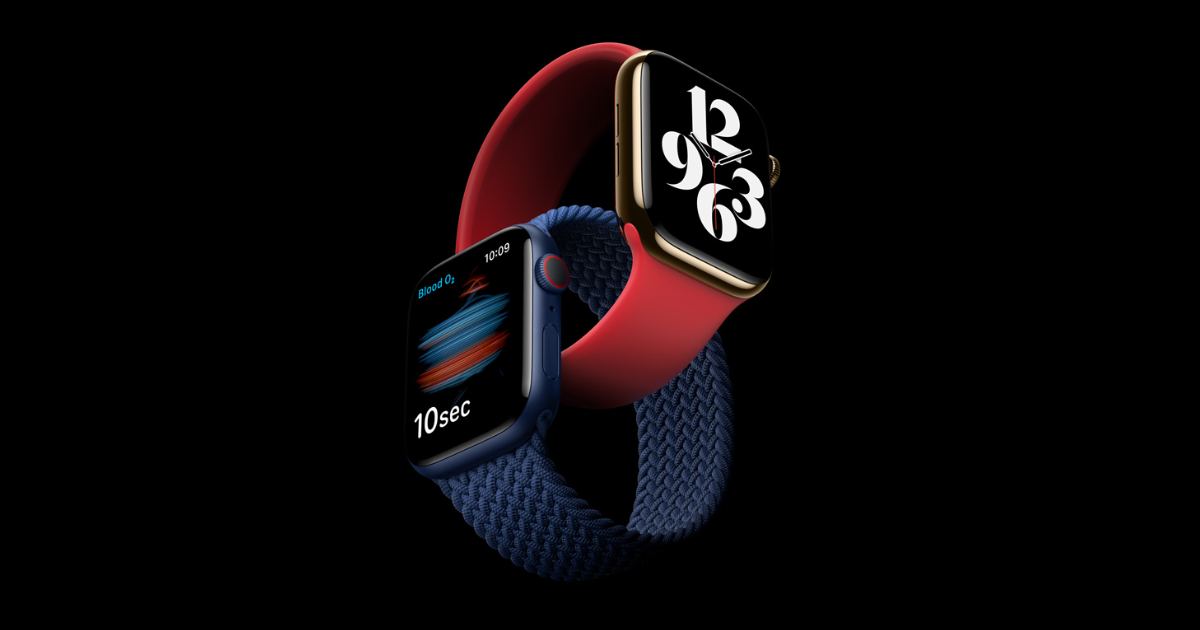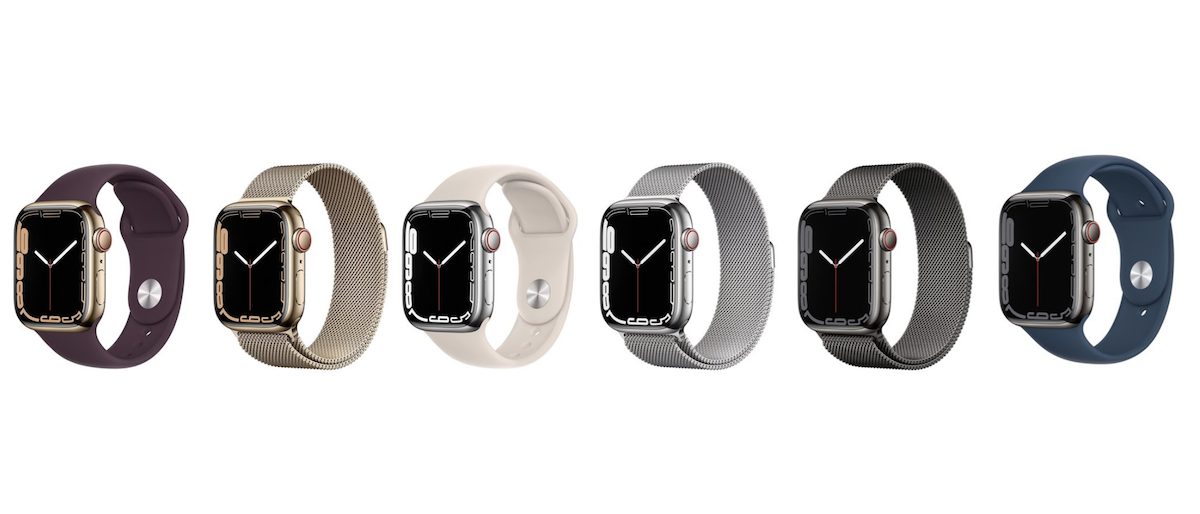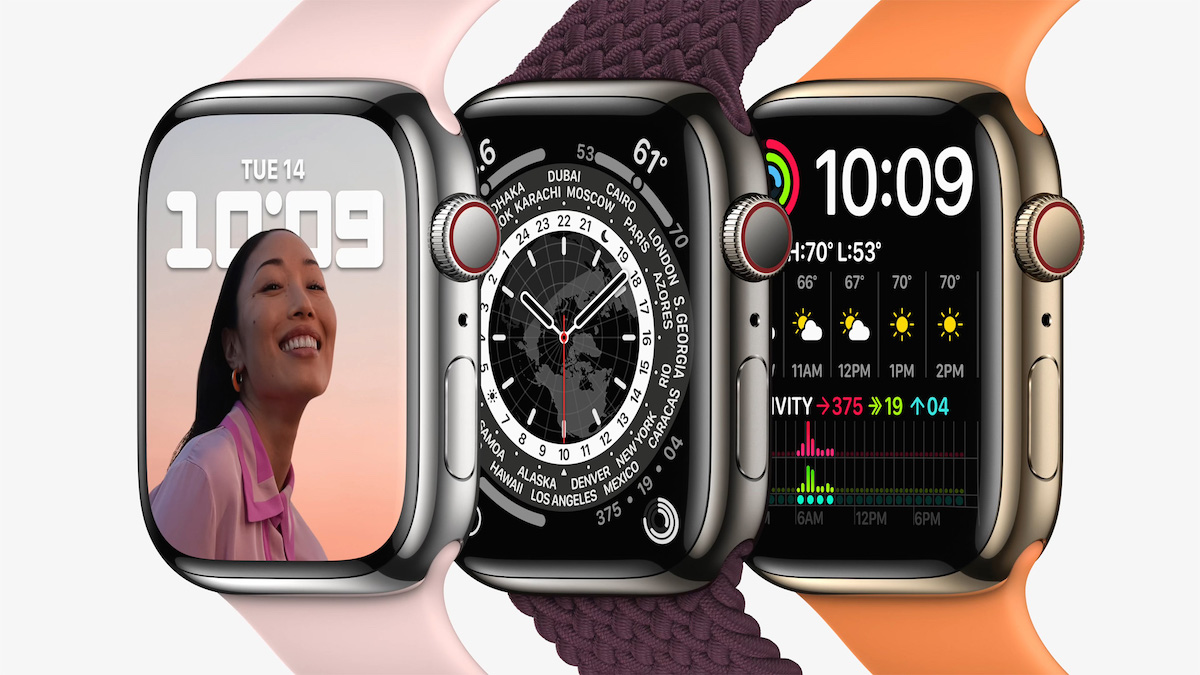The U.S. Department of Justice (DOJ) recently filed a lawsuit against Apple, highlighting concerns over its Apple Watch ecosystem and its compatibility—or lack thereof—with Android devices. The lawsuit, unveiled on March 22, 2024, alleges anti-competitive practices and monopoly tendencies related to Apple’s smartwatch technology.

US DOJ lawsuit puts Apple Watch compatibility in the spotlight
The essence of the DOJ’s case is the argument that Apple’s decision to restrict the Apple Watch to iPhone users creates a barrier to competition. By making the Apple Watch exclusively compatible with iPhones, Apple may be limiting consumer choice and making it more expensive for users to switch to non-Apple smartphones. The lawsuit (via 9to5Mac) points to this as a strategy to tie consumers into the Apple ecosystem, potentially impacting competition in the smartphone and wearable markets.
Apple’s smartwatch—Apple Watch—is only compatible with the iPhone. So, if Apple can steer a user towards buying an Apple Watch, it becomes more costly for that user to purchase a different kind of smartphone because doing so requires the user to abandon their costly Apple Watch and buy a new, Android-compatible smartwatch.
Apple’s response to these allegations has been twofold. On one hand, the company acknowledged that it had considered making the Apple Watch compatible with Android devices. This revelation, coming after three years of deliberation, sheds light on Apple’s internal discussions regarding cross-platform compatibility. However, Apple ultimately abandoned the idea, citing “technical limitations,” a decision that has now become a focal point in the legal battle.

Delving deeper into the technical and business aspects of this issue reveals the complexities involved. While consumers often desire seamless integration and interoperability across devices, companies like Apple must balance these demands with privacy concerns, proprietary technology, and business strategies. The Apple Watch’s integration with the broader Apple ecosystem, including HealthKit and other Apple services, adds layers of complexity to any potential cross-platform initiatives.
Moreover, Apple’s tight control over its hardware and software ecosystem has been a cornerstone of its business model. The seamless user experience offered by Apple devices within their ecosystem has been a key selling point, fostering brand loyalty and differentiation in a competitive market.

The outcome of this legal battle could have far-reaching implications for both consumers and the tech industry at large. A ruling in favor of the DOJ could signal a shift towards greater openness and interoperability in tech ecosystems, potentially benefiting consumers by offering more choice and flexibility. On the other hand, a ruling in favor of Apple could reinforce the company’s ability to maintain a tightly integrated ecosystem, highlighting the complexities of balancing innovation, competition, and regulatory compliance in the digital age.